Community Health Workers
The bridge to better health for everyone
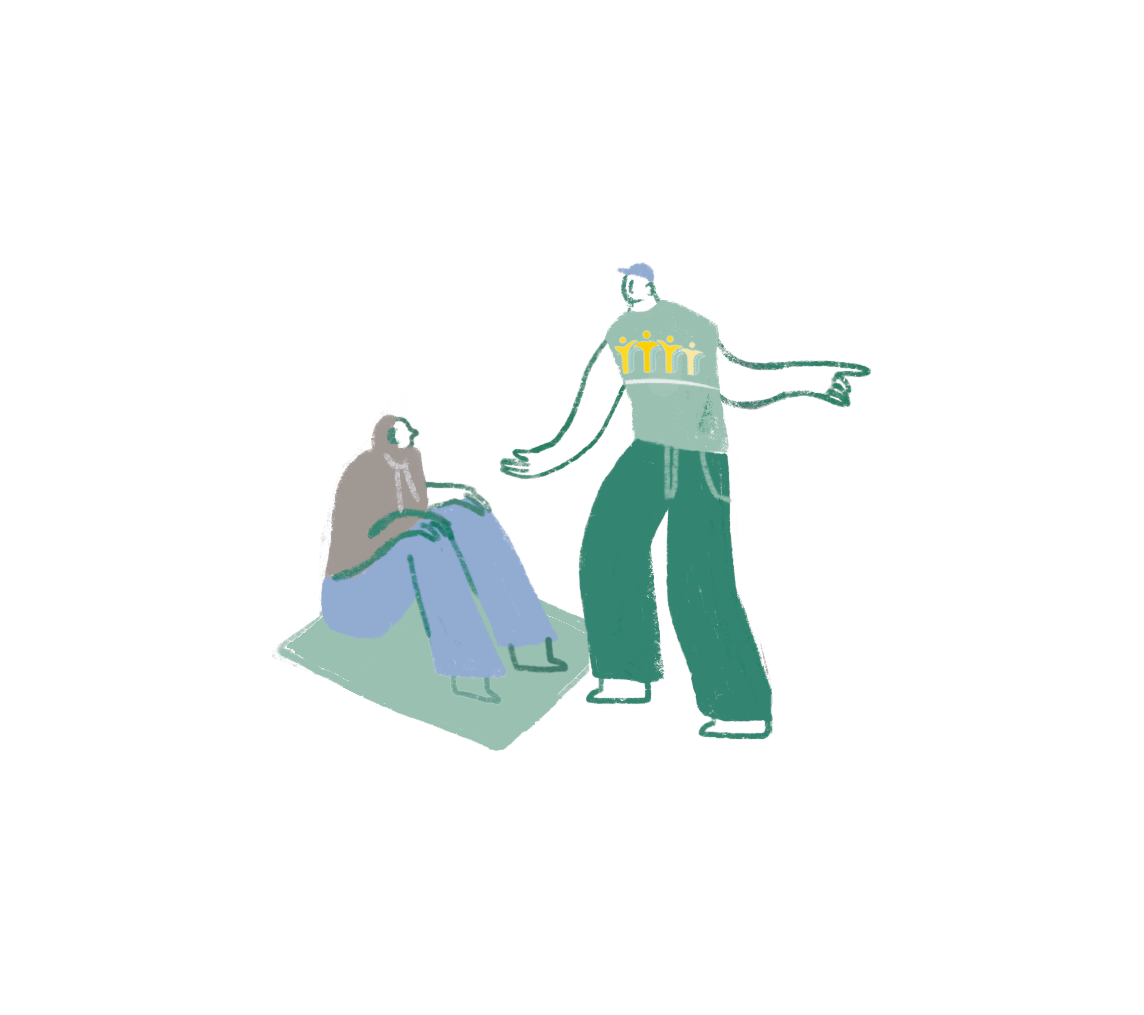
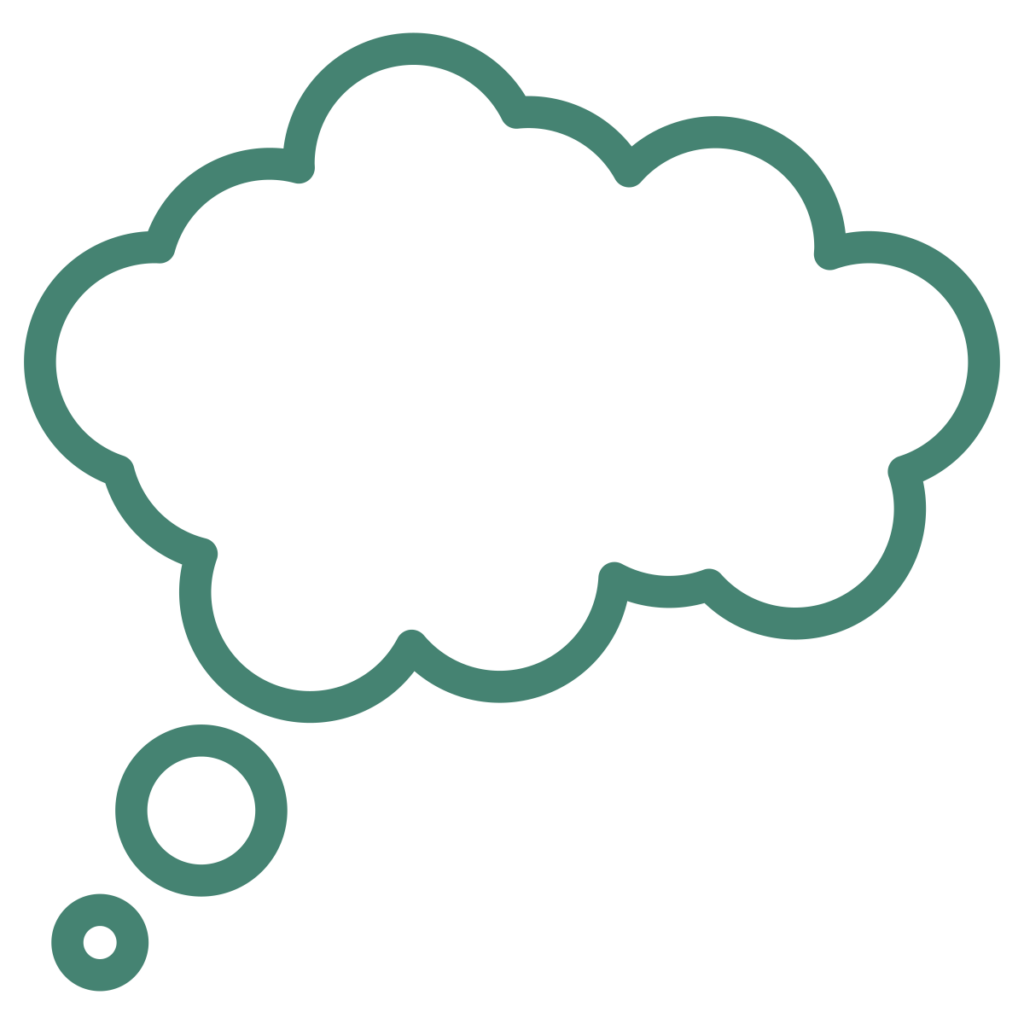

Who are the Community Health Workers?
Inequities in the access to health care were further underscored during the recent COVID-19 crisis. To narrow this gap, Community Health Workers are deployed. Their goal is to improve access to primary healthcare for individuals living in socially vulnerable conditions. They identify barriers in the access to healthcare and provide tailored support to individuals. Community Health Workers guide those living in socially vulnerable situations to healthcare and assist them in navigating the healthcare system. In doing so, they reduce inequities in the access to care.
Community Health Workers are indispensable, as they bridge the gap between individuals in socially vulnerable conditions and (primary) healthcare. They operate beyond the confines of healthcare institutions and reach out to people in their own living environments. Community Health Workers work on the streets, in squares, at people’s homes, and in local organizations. They establish connections with individuals who may not have necessarily expressed a healthcare need themselves, and build trust. This working approach aims to uncover barriers to healthcare access so that they can be addressed, thus helping individuals access services such as a general practitioner, psychologist, dentist, or health insurance provider.
Overview of the eight roles of a Community Health Worker in the Belgian context:
- Building bridges between individuals, communities, and healthcare and welfare professionals.
- Providing culturally tailored health information.
- Navigating the healthcare system.
- Offering coaching and social support.
- Advocating for individuals and communities.
- Enhancing health literacy at individual and group levels.
- Engaging in outreach activities.
- Participating in evaluation and research.
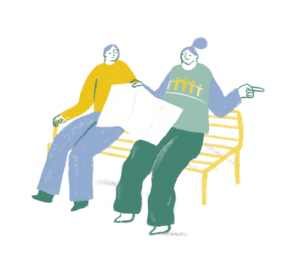
Where can you find us?
Our Community Health Workers are active in Flanders, Wallonia, Brussels, and the German-speaking Community. Currently, you can call on us in the following cities (click on the city for more information):
Flanders:
Antwerp – Genk – Ghent – Ostend – Tienen
Wallonia:
Charleroi – Liège – Verviers-Dison
German-speaking community:
Eupen und Kelmis
Brussels-Capital Region:
Brussels


Mission and vision
As an organization in a complex society, we want to clarify what we stand for and the importance of community health workers in our country.
Our mission
Anchored in local neighborhoods, Community Health Workers help bridge the gap between individuals living in socially vulnerable situations and the healthcare system, which is difficult for them to access. They do this by actively reaching out to people in their own living environments and supporting them to take more control over their health.
Our vision
We believe that community health workers should be recognized professionals within the Belgian healthcare system. This enables them to assist everyone throughout all steps of accessing care (the ‘continuum’ in the access to care), thus contributing to reducing social inequalities in health.
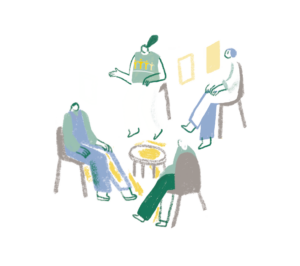
Contact and additional information
Do you want to reach out to a Community Health Worker yourself?
Are you an organization or healthcare provider looking to collaborate?
Do you have any questions/comments about the operation of a Community Health Worker?
Contact us via the form below. We will get back to you shortly.
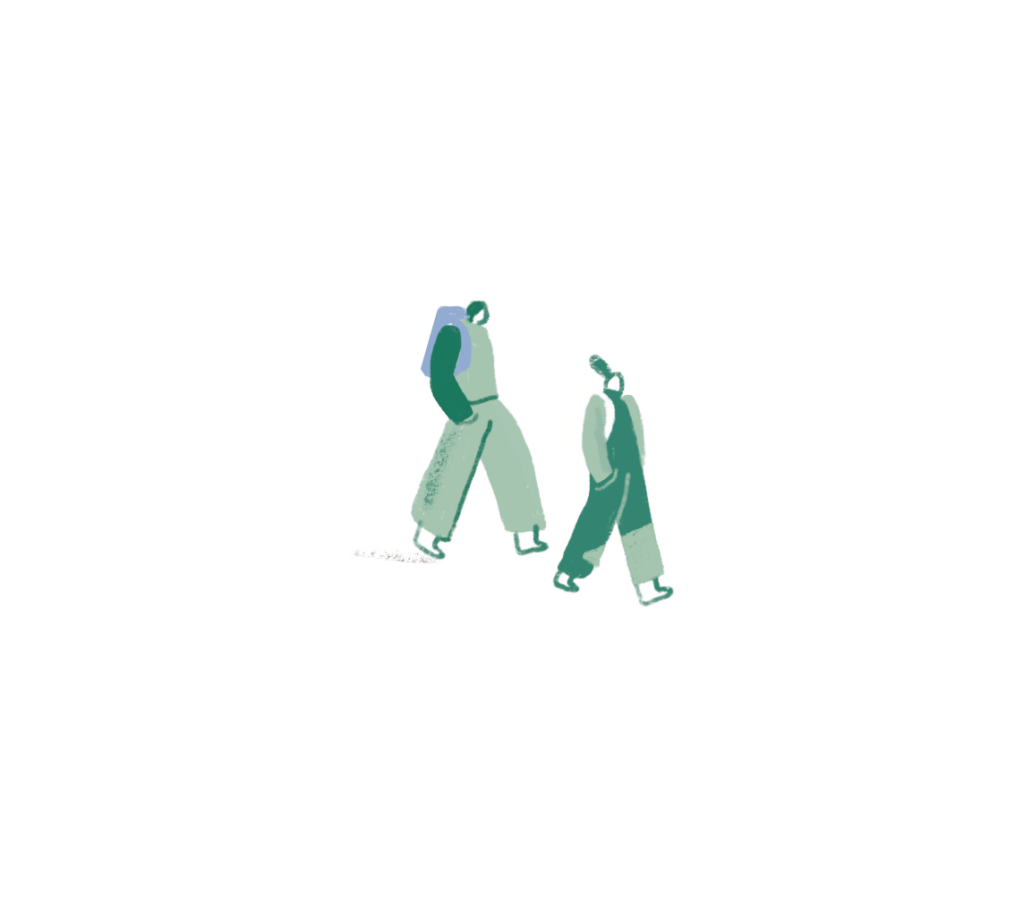
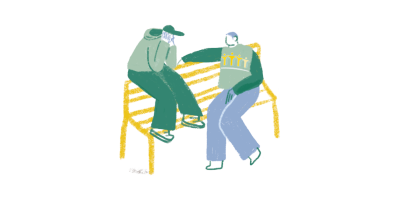
By filling out this web form, you agree that your personal data will be processed for the purpose of handling your inquiry. You can withdraw this consent at any time. Revoking your consent does not affect the lawfulness of any processing that occurred prior to the withdrawal.
This intermutual project is an initiative of the Federal Minister of Public Health, Frank Vandenbroucke. The funding for the project was secured through an agreement with the NIHDI. The University of Antwerp is responsible for the scientific research associated with the project, which is currently scheduled to run until the end of 2025.




